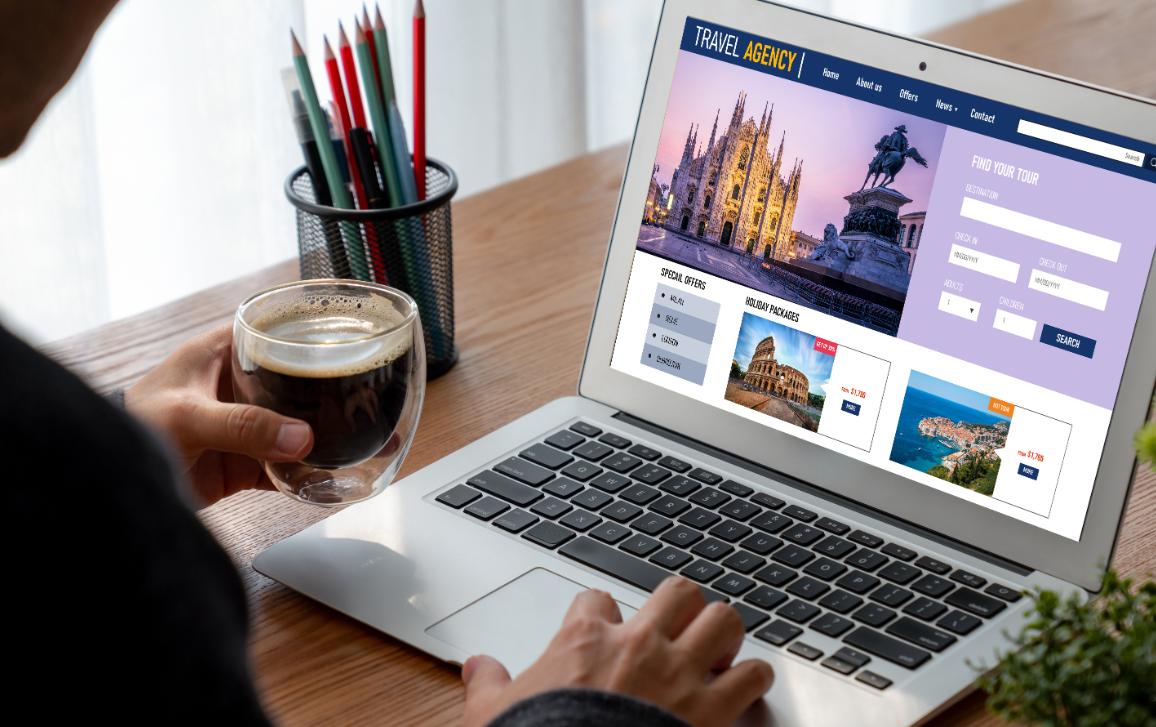Black Friday has fundamentally evolved beyond its retail origins to become its own distinctive travel booking season, transforming from a single day of dramatic discounts into an extended promotional period where travel suppliers strategically tease exclusive offers for weeks, layer compelling incentives across multiple channels, and systematically build consumer anticipation through carefully orchestrated social media campaigns and targeted email marketing that creates a palpable sense of urgency among travelers worldwide.
Instead of just one-day sales, the modern Black Friday travel season now encompasses Cyber Monday travel deals and Travel Tuesday promotions, creating a week-long shopping frenzy where even the most practical, research-driven travelers can suddenly find themselves hovering over a compelling cruise fare or an attractive resort promotion, feeling that distinctive spark of booking urgency that wasn’t present before. It’s not that the fundamental logic has changed; it’s that the consumer psychology has powerfully kicked in, overriding rational decision-making processes.
Understanding Travel Consumer Psychology
To uncover the emotional and psychological cues that inform consumers’ Black Friday booking decisions, Cyber Monday travel purchases, and Travel Tuesday reservations, industry experts have examined how universal purchasing triggers identified in Psychology Today and behavioral economics research apply specifically to the travel and tourism industry and influence traveler behavior.
These insights answer travel professionals asking “Why do travelers book during Black Friday?” and “What psychological factors drive travel purchases?” with research-backed explanations of consumer motivation.
Scarcity and FOMO Drive Most Booking Decisions
A substantial part of Black Friday’s marketing power comes down to leveraging scarcity psychology. When a hotel booking page displays messages like “Only three rooms left at this rate,” our brains interpret that information not just as neutral data, but as an immediate threat to our ability to secure desired accommodations. Psychologists call this phenomenon loss aversion—we experience the emotional pain of potentially losing an opportunity much more intensely than we feel the pleasure of gaining something equivalent.
When prospective travelers have been contemplating a vacation for weeks or months, and suddenly it appears the booking window could close imminently, that’s precisely when emotions override logic and trigger impulsive decisions. This FOMO (fear of missing out) drives significant booking volume during promotional periods.
This doesn’t mean travel advisors need to lean aggressively into pressure tactics. In fact, the most effective approach is offering calm clarity and trusted guidance. For instance, advisors might tell clients, “This represents a strong value for the experience you’ve been wanting. If this feels like the right trip for you, this is an optimal time to secure it.” This approach validates urgency without creating artificial pressure, helping travelers trust their own instincts.
Social Proof Makes Travel Deals Feel More Legitimate
Black Friday travel promotions also tap powerfully into social proof psychology. When potential travelers start seeing friends post vacation bookings on social media, hearing coworkers discuss cruise deals at the office, and watching TikTok travel “steals” fly across their feeds, it creates the compelling sense that everyone else is taking decisive action. That perception alone can make someone feel they should act immediately, too.
The travel advisor’s role here is providing reassurance rather than applying pressure. Saying something like, “I’ve had several clients book this promotion this week, and it’s genuinely one of the better values we’ve seen this season,” helps clients feel their interest is reasonable and grounded in market reality. You’re not suggesting they keep up with others—just helping them understand that the booking demand they’re sensing is legitimate.
This social validation addresses travelers asking “Are Black Friday travel deals legitimate?” and “Should I book travel during Black Friday sales?” with peer confirmation.
Reference Pricing Makes Discounts Appear Larger Than Reality
It’s critically important to acknowledge that Black Friday travel pricing itself can be strategically misleading. In both retail and travel sectors, companies frequently employ “reference pricing” tactics—where the advertised “original price” is inflated to make the sale price appear more dramatic and valuable than it objectively is.
The more important question isn’t always “How much money do I save?” but rather “What travel experiences does this deal enable that I couldn’t otherwise access?” Perhaps the sale makes a luxury room with a private plunge pool financially accessible, or allows a client to add a pre-cruise hotel night in a premium property, or upgrade to a better cruise cabin category.
When travel advisors help clients understand how promotional offers affect the overall travel experience—not just the base price—the booking decision becomes clearer and more grounded in value. For instance, advisors might explain, “This offer includes daily breakfast, airport transfers and a bonus free night—which elevates the real value substantially beyond what the base price comparison suggests.”
The Endowment Effect Creates Emotional Investment
There’s another powerful psychological force at play during the booking process: the endowment effect. Once a potential traveler starts vividly imagining themselves on a resort balcony sipping coffee at sunrise or watching their children play in a pool, that specific version of the trip starts feeling intensely personal, almost as if it already belongs to them. Abandoning that mental image can feel like losing something they already possessed.
Travel advisors can support clients’ decision-making by offering low-pressure booking holds or quick provisional confirmations that buy thinking time—without risking the inventory or promotional rate disappearing entirely. An offer like “I can hold this reservation for 24 hours so you have breathing room to decide confidently” goes far toward helping clients choose from a place of certainty rather than panic.
This addresses travelers asking “Can I hold a travel booking without paying?” and “How long can I think about a travel deal?” with practical solutions.
Emotion-Driven Travel Buying Becomes the Norm
Black Friday promotions are deliberately engineered to feel exciting and urgent. The countdown timers, the bright sale banners, the limited-time messaging, even the holiday music in booking videos—it’s all strategically designed to make consumers feel they’re about to secure an exceptional opportunity. And booking travel is already an inherently emotional decision by nature, tied to dreams, aspirations, and life experiences.
The travel advisor’s critical role is helping keep one foot firmly grounded in practical reality. Asking thoughtful questions like, “Does this itinerary match how you actually like to travel?” or “Will these departure dates still work once the holiday excitement settles?” gives clients necessary space to ensure their enthusiasm aligns with their actual preferences and circumstances. The goal isn’t dampening enthusiasm, but anchoring it in realistic considerations.
Leveraging the Travel Advisor Competitive Advantage
The travel advisors who convert most effectively during Black Friday booking periods consistently do several fundamental things well: they start client conversations early before promotions launch, match specific deals to individual client preferences rather than pushing generic sales, frame value in terms of enhanced experiences rather than just monetary savings, make the booking process seamless and stress-free, and follow up with genuine care instead of aggressive pressure.
They also educate clients about cruise line Black Friday sales, hotel chain promotions, airline fare deals, all-inclusive resort packages, tour operator discounts, and travel insurance offers in ways that empower informed decision-making.
Cyber Monday and Travel Tuesday Extensions
The Black Friday travel season now extends through Cyber Monday (the Monday following Thanksgiving) when many online travel agencies and travel suppliers launch digital-exclusive deals, and Travel Tuesday (the Tuesday after Thanksgiving) which has emerged as a travel-specific shopping day with promotions from airlines, hotels, vacation rental platforms, and tour operators.
This extended timeline addresses travelers asking “When are the best travel deals?” and “Should I wait for Cyber Monday or Travel Tuesday?” with multiple opportunities to find optimal value.
Understanding Different Traveler Decision Styles
Travel booking psychology varies significantly among different traveler types including spontaneous bookers who respond immediately to compelling offers, cautious researchers who need validation and comparison shopping, experience seekers focused on unique activities over price, luxury travelers prioritizing quality and exclusivity, budget-conscious families seeking maximum value, and frequent travelers with sophisticated understanding of pricing patterns.
Effective travel advisors tailor their approach to each client’s decision-making style and booking behavior.
Practical Strategies for Smart Black Friday Travel Booking
Savvy travelers can maximize Black Friday travel value by researching destinations in advance, setting realistic budgets, understanding promotional restrictions, reading cancellation policies carefully, comparing offers across multiple suppliers, considering shoulder season travel dates, booking refundable rates when possible, and consulting trusted travel advisors for guidance.
These strategies answer consumers asking “How to get the best Black Friday travel deals?” and “What should I know before booking Black Friday travel?”
The Psychology of Travel Investment
At its core, travel booking represents an investment in experiences, memories, relationships, and personal growth—not just a financial transaction. Black Friday travel promotions leverage this emotional dimension, making dream trips feel suddenly accessible and creating urgency around aspirational experiences.
Because at the end of the day, Black Friday travel marketing isn’t really about racing the clock or creating false urgency. It’s about helping people confidently say yes to the trips they’ve been dreaming about—and ensuring that “yes” feels intentional, exciting, and completely appropriate for their circumstances and desires.
For more expert travel booking psychology, Black Friday deal analysis, consumer behavior insights, travel advisor strategies, and smart vacation planning guidance that helps you make confident travel decisions during promotional periods and beyond, visit The Inspiring Insight. Stay informed with our comprehensive coverage of travel industry trends, booking strategies, deal evaluation, consumer psychology, and vacation planning advice that empowers better travel choices. Subscribe for the latest travel deal alerts, booking tips, and industry insights year-round.



